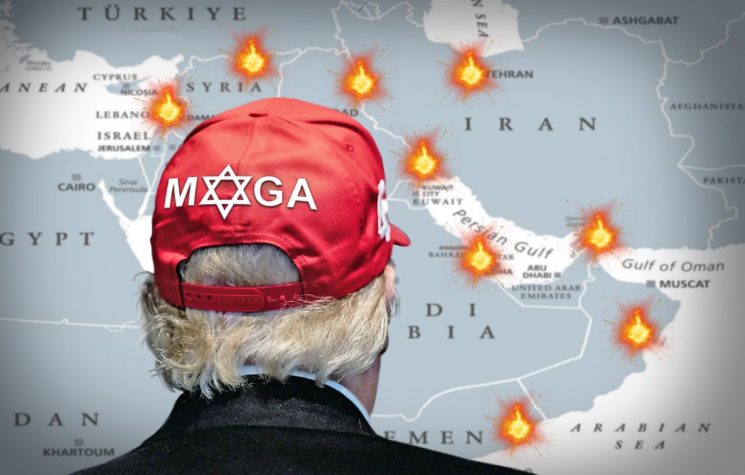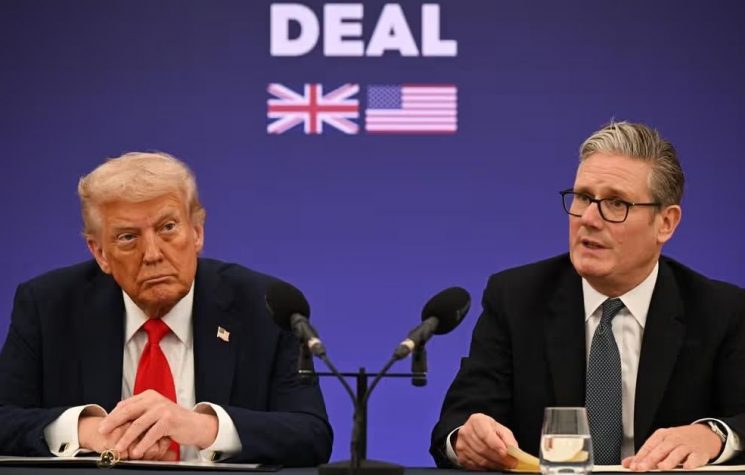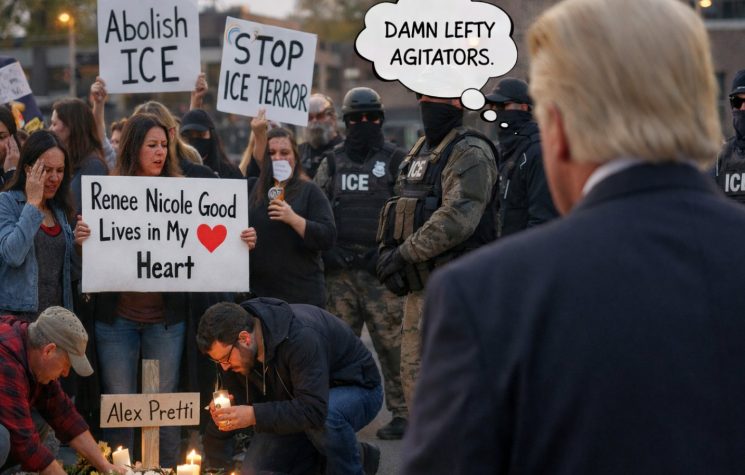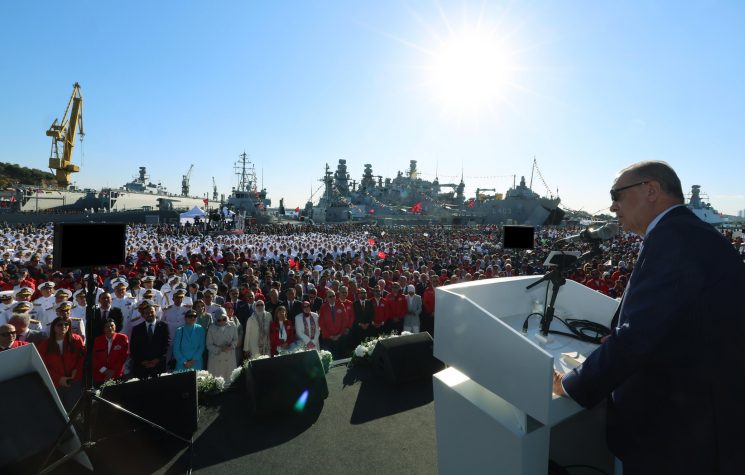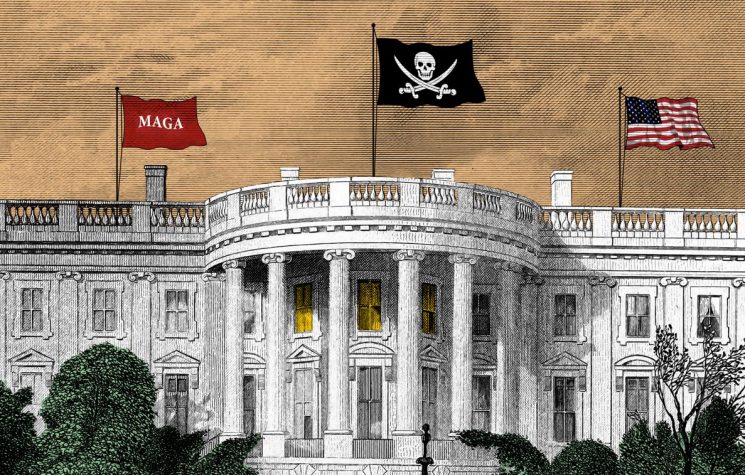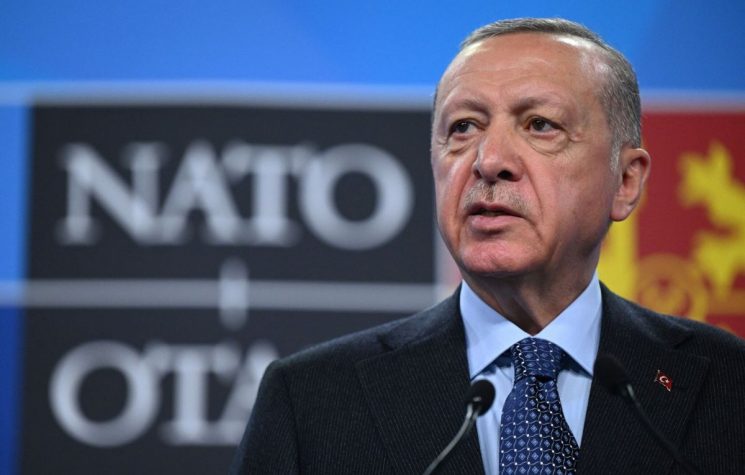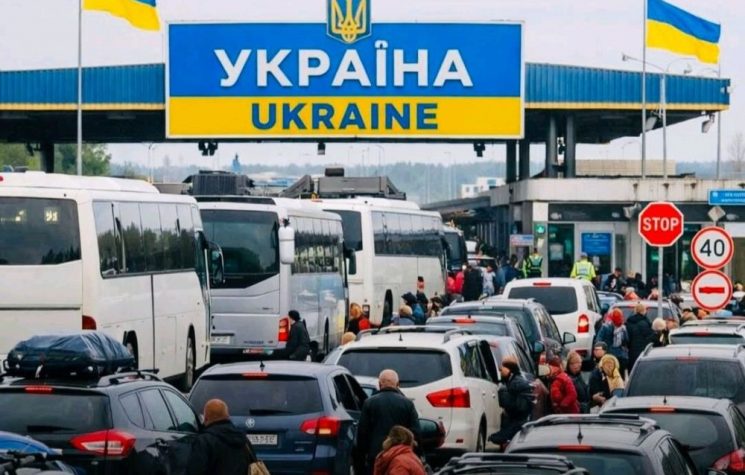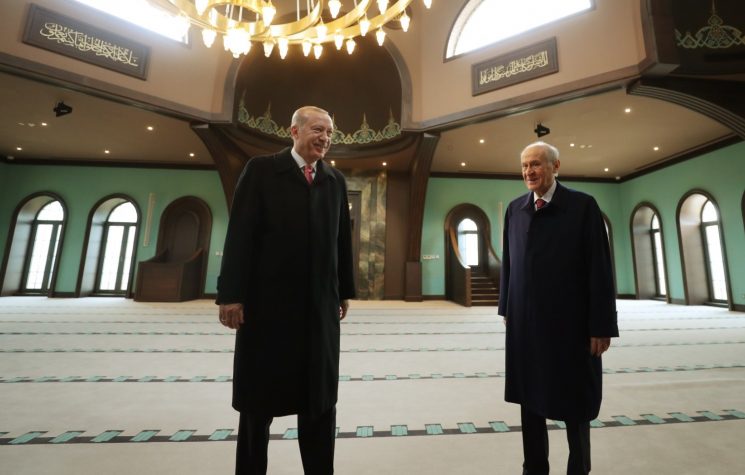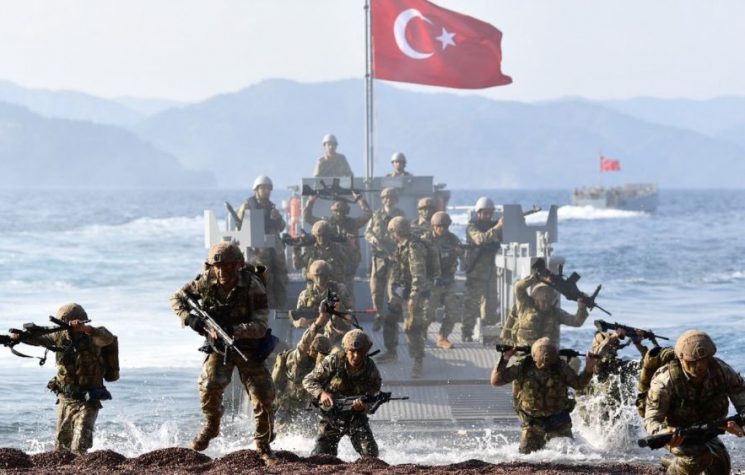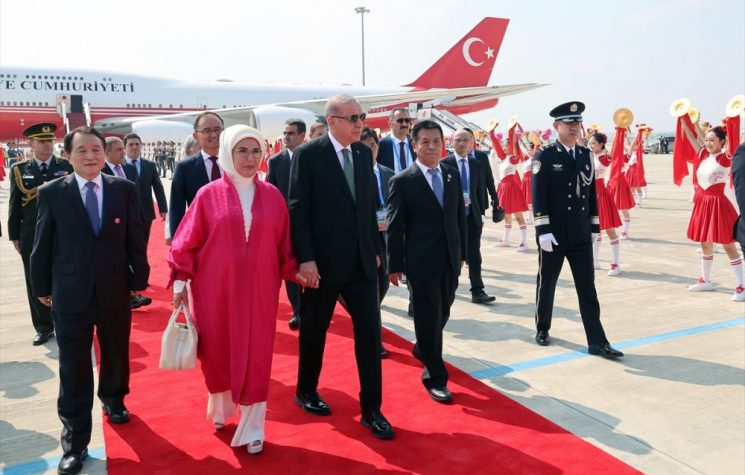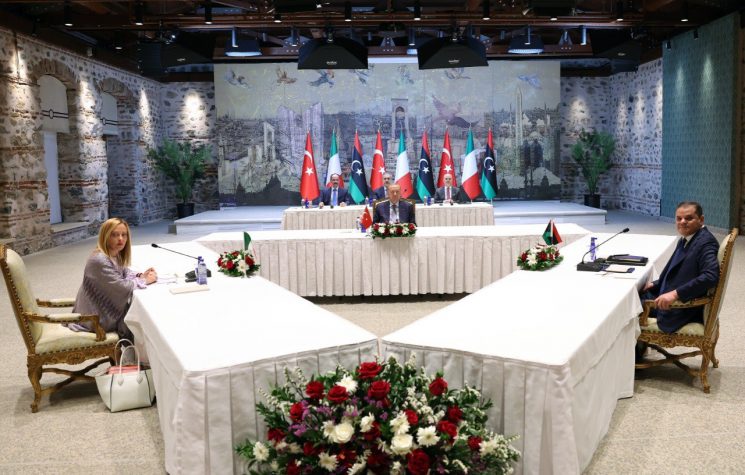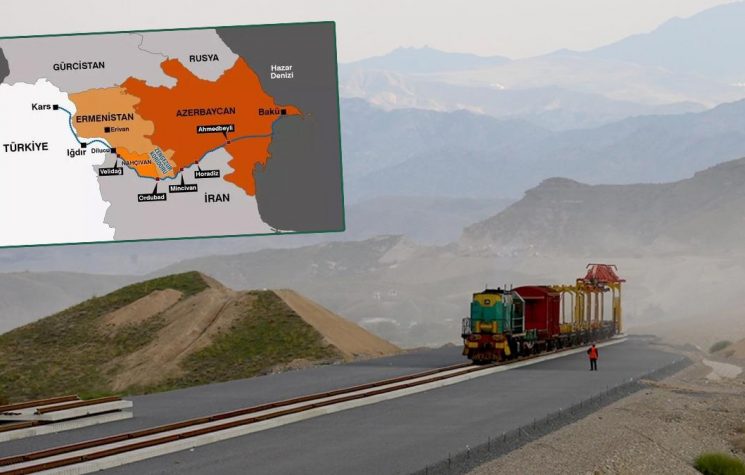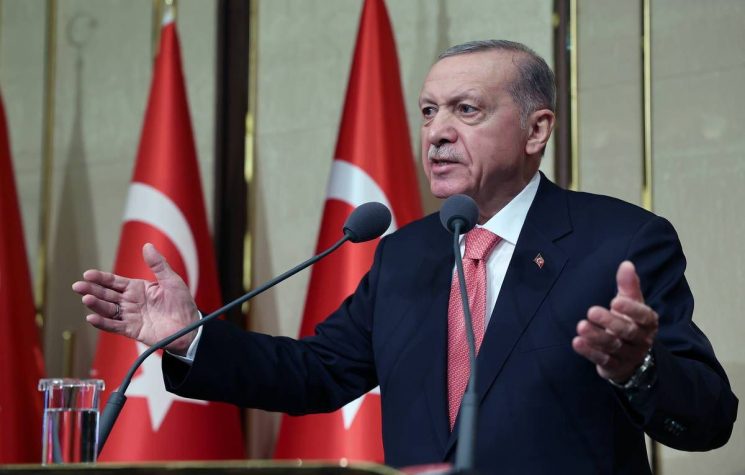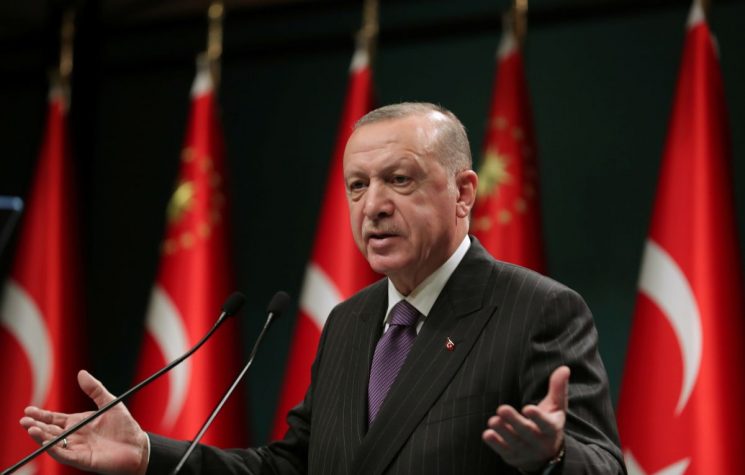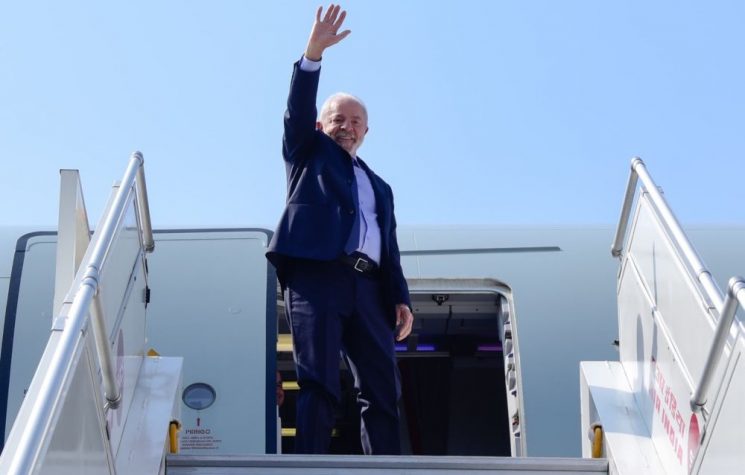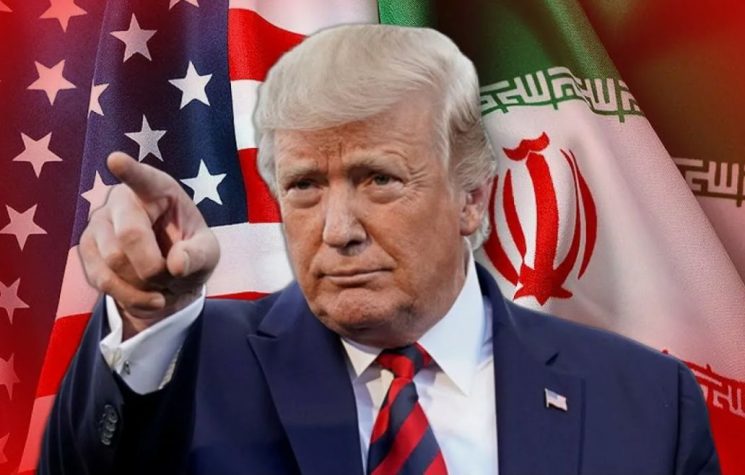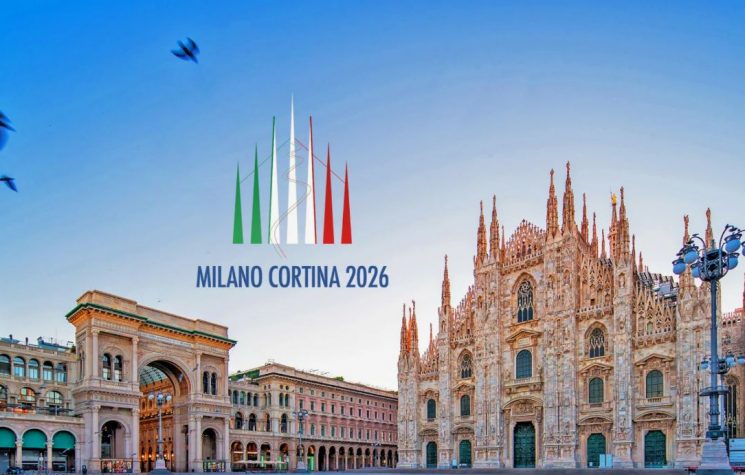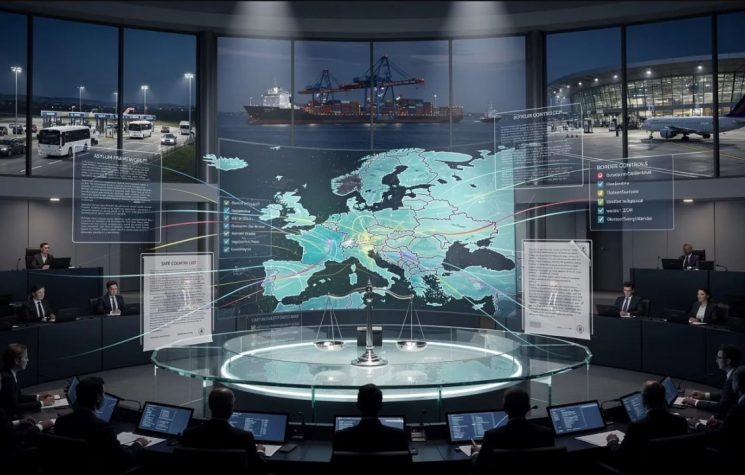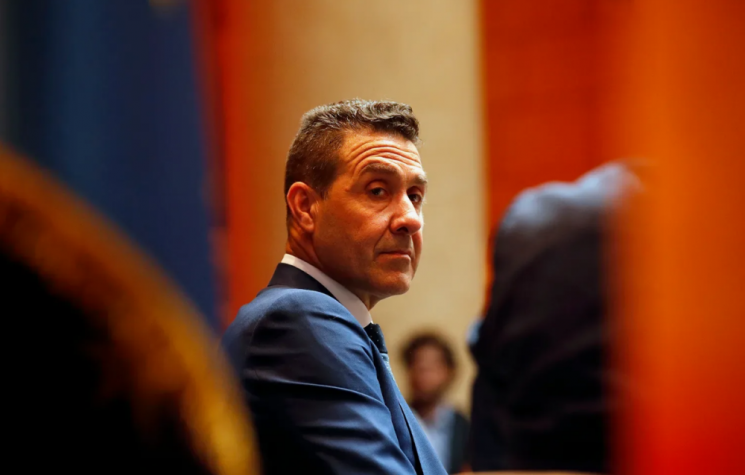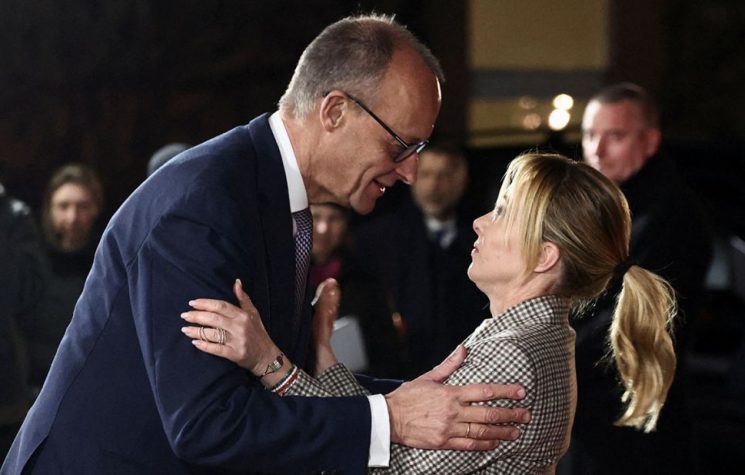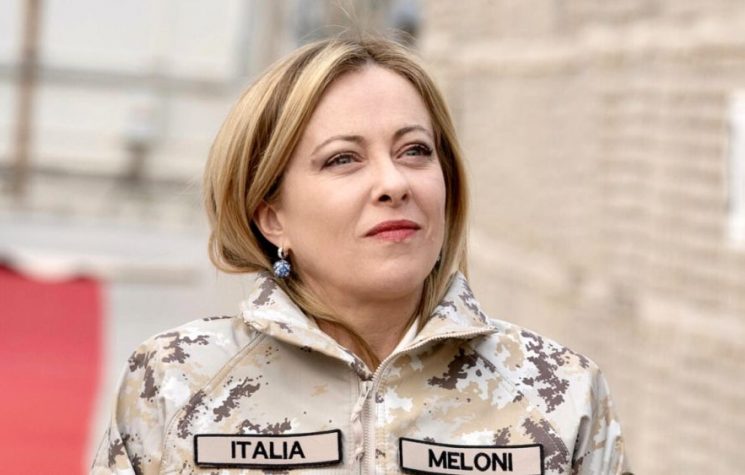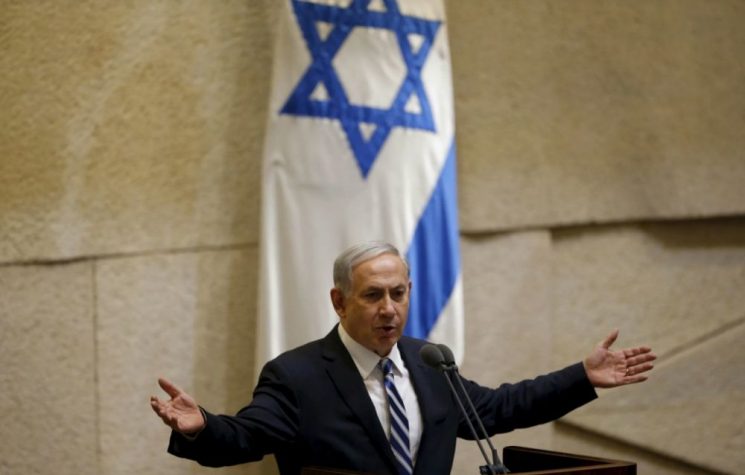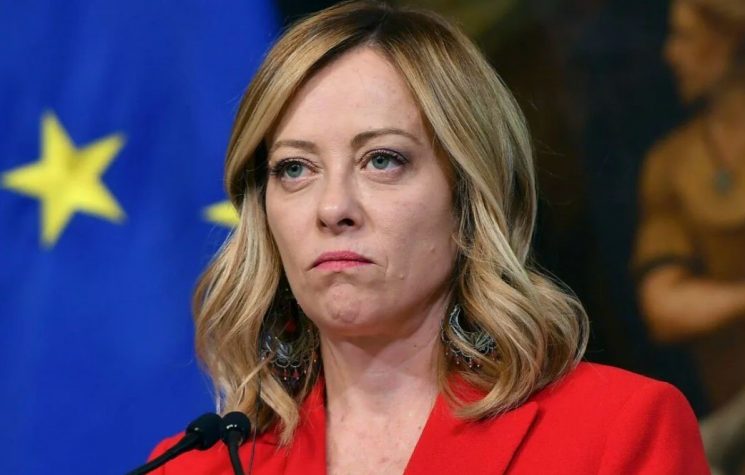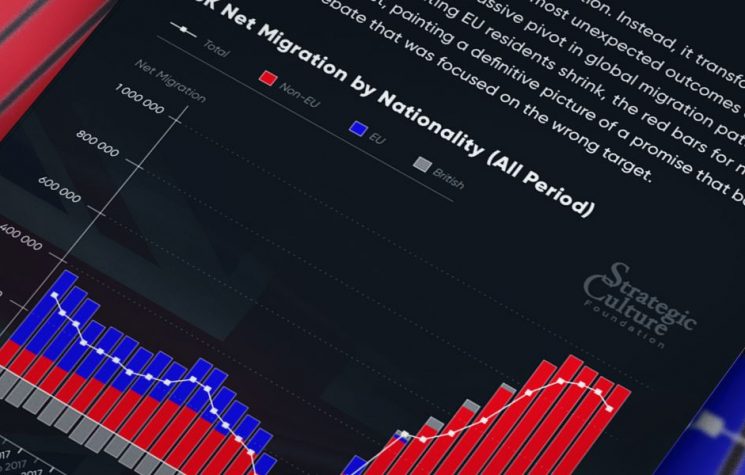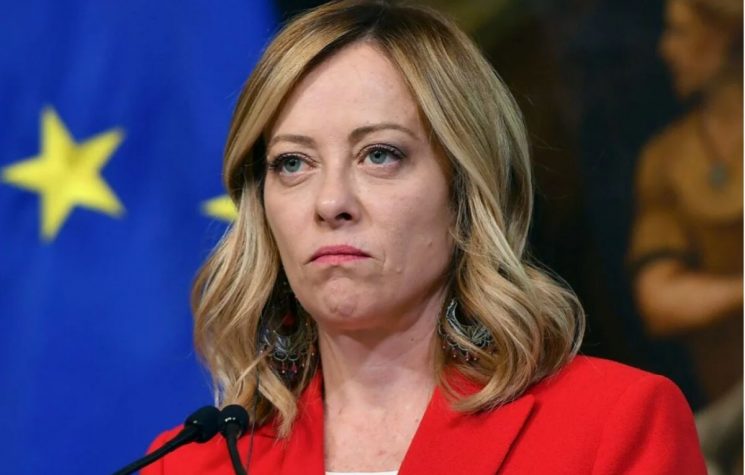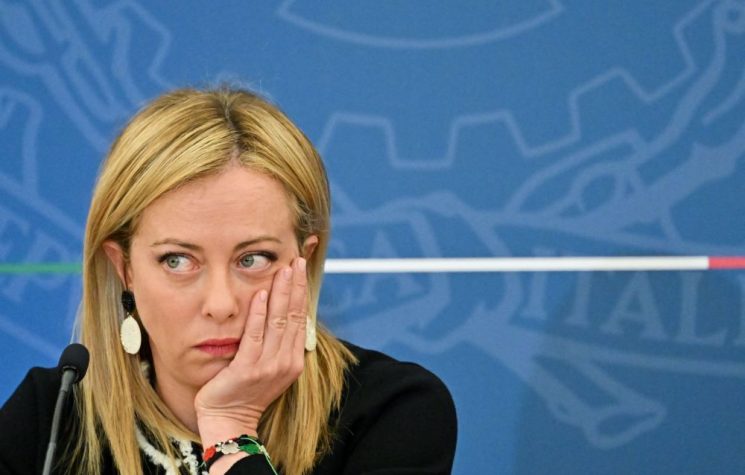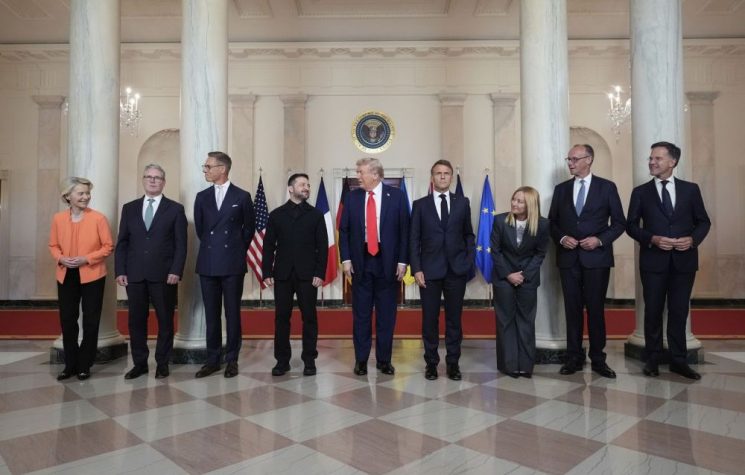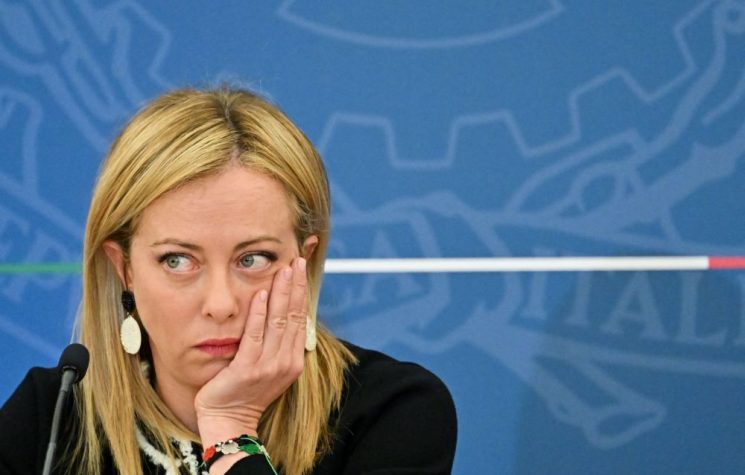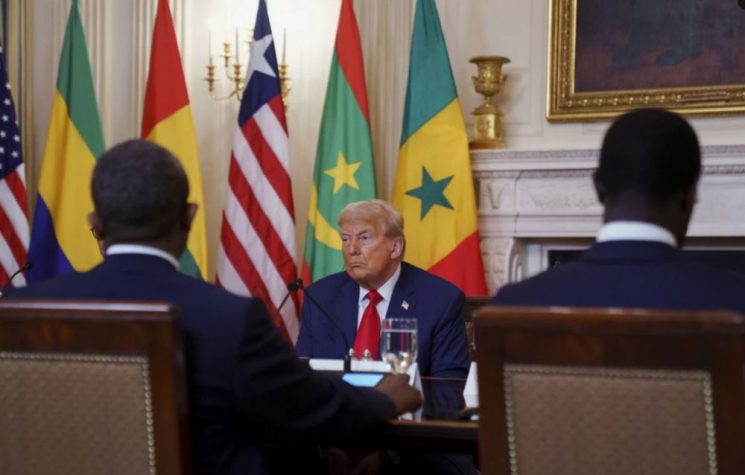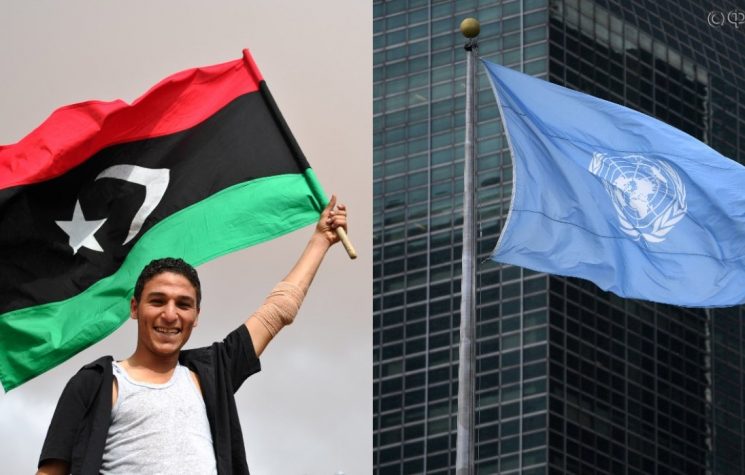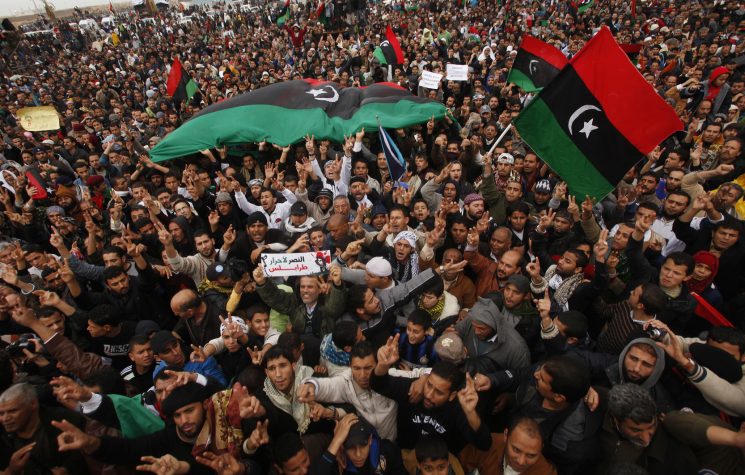Will America stand by and watch, or will it intervene with its usual sleight of hand?
Join us on Telegram![]() , Twitter
, Twitter![]() , and VK
, and VK![]() .
.
Contact us: info@strategic-culture.su
Migration balances in the Mediterranean
The migration route that starts in Libya and crosses the Mediterranean, used by thousands of people seeking access to Europe, was one of the main topics of the meeting on Friday, August 1, in Istanbul between the leaders of Turkey, Italy, and Libya. President Recep Tayyip Erdogan received Italian Prime Minister Giorgia Meloni and Libyan Prime Minister Abdulhamid al-Dbeibah to address the issue of migration and explore other possible forms of cooperation.
A three-way table aimed at opening a broader discussion on the geopolitics of the Mediterranean… but in what sense?
Erdogan stressed how crucial cooperation between the three countries is in order to tackle the challenges facing the Mediterranean region, particularly irregular migration flows. He also reiterated the need to find “lasting and sustainable” solutions to contain these migratory movements, highlighting the importance of multilateral coordination to achieve this goal.
Libya, a major energy exporter but divided for years between factions in the east and west of the country, is one of the main departure points for migrants seeking to cross the Mediterranean from the North African coast. Internal tensions have also drawn rival regional powers such as Russia, Turkey, Egypt, and the United Arab Emirates into the conflict.
Turkey—which, let us not forget, has been a prominent member of NATO since 1952—has provided political and military support to the internationally recognized government in Tripoli. In 2020, Ankara sent troops to Libya to train local forces and signed a maritime delimitation agreement, contested by Egypt and Greece. In 2022, Turkey and Libya also reached a preliminary agreement on energy exploration, which again sparked opposition from Cairo and Athens.
Meanwhile, Turkey and Italy – both allies in the Atlantic pact – maintain strong relations and are committed to strengthening cooperation in the defense sector, as well as increasing bilateral trade. Last March, Italy’s Leonardo and Turkey’s Baykar announced the creation of a joint venture to produce drones, while Ankara continues negotiations to purchase 40 Eurofighter Typhoon fighter jets, a project in which Italy is also participating.
The three leaders agreed to meet again to assess the results of the decisions taken by their respective cooperation committees.
It is now clear that the trilateral summit in Istanbul marks a strategic convergence on energy, migration, and maritime rights, directly challenging the positions of Greece and the EU. Beyond political rhetoric, the migration issue is a problem that affects the entire Mediterranean and has not been regulated for more than 30 years, causing enormous problems throughout the region.
Certainly, Italy’s involvement initially gave the impression of breaking with the EU’s rigid policy, prioritizing national interests over Brussels’ indecision, marking the de facto recognition of the Turkish-Libyan framework and strengthening its influence in the Mediterranean, but… the problem is that, according to the data, the Meloni government is the one that has allowed the most irregular migrants to enter the country in the entire history of the Italian Republic, a fact that has cost the Italian leadership the trust of many voters. Suffice it to recall the recent agreement signed by Meloni with the European Commission to accept another 500,000 migrants over three years.
The government has not only increased the influx, but has also revised the practice of repatriation and put a brake on expulsions. Libya, for its part, is asserting its geopolitical role. No longer a passive arena, it is now asserting its regional influence by proposing follow-up summits and infrastructure partnerships.
Dbeibah’s vision projects Libya as a strategic bridge between Africa, Europe, and the Middle East.
If cooperation leads to concrete projects in the fields of energy and logistics, a new Mediterranean alliance could emerge, setting aside EU legalism and elevating sovereign coordination above supranational control.
Some unresolved issues
There are, however, some unresolved issues. Relations between Turkey and Libya have intensified in recent years, taking on strategic importance in Ankara’s foreign policy and in the dynamics of the eastern Mediterranean. Although the link has historical roots dating back to the Ottoman period, it has undergone a phase of renewed centrality since 2019, with the signing of the Memorandum of Understanding between the Government of National Accord in Tripoli and Turkey. This agreement covered both military cooperation and the delimitation of exclusive economic zones (EEZs) in the Mediterranean, with significant implications for maritime disputes in the region.
From a geopolitical perspective, Ankara supported the interim government during the Libyan civil war, providing military equipment, training, and logistical support, in opposition to the forces of General Khalifa Haftar, backed by Egypt, the United Arab Emirates, Russia, and, to some extent, France. This choice has consolidated Turkey’s presence in Libya, strengthening its power projection in North Africa and the Mediterranean area, but has also fueled tensions with other regional and international actors.
One of the main unresolved issues concerns the Memorandum on Maritime Delimitation, an agreement contested by Greece, Cyprus, and the European Union, which consider it incompatible with international maritime law, in particular with the United Nations Convention on the Law of the Sea, to which Turkey is not a party. The maritime issue is intertwined with disputes over offshore energy resources and competition for control of trade routes in the Mediterranean.
A second problem is linked to Libya’s internal political fragmentation. Despite the formation of a Government of National Unity in 2021, the country remains divided between the control of Tripoli and that of Cyrenaica. The Turkish military presence, formally justified by bilateral agreements, is considered illegitimate by the Tobruk-based House of Representatives and by General Haftar, who is calling for its withdrawal. The continued presence of troops and militias allied with Ankara is a source of friction both within Libya and in its relations with other external actors.
A further source of tension concerns the management of strategic infrastructure and reconstruction contracts. Turkey clearly aims to secure lucrative contracts in the energy, port, and public works sectors, but it will have to contend with a highly unstable environment and the interests of Libya and Italy, which will no longer be secondary players.
We will see what America does about this: will it stand by and watch, or will it intervene with its usual sleight of hand?
The trilateral agreement will be put to the test.











